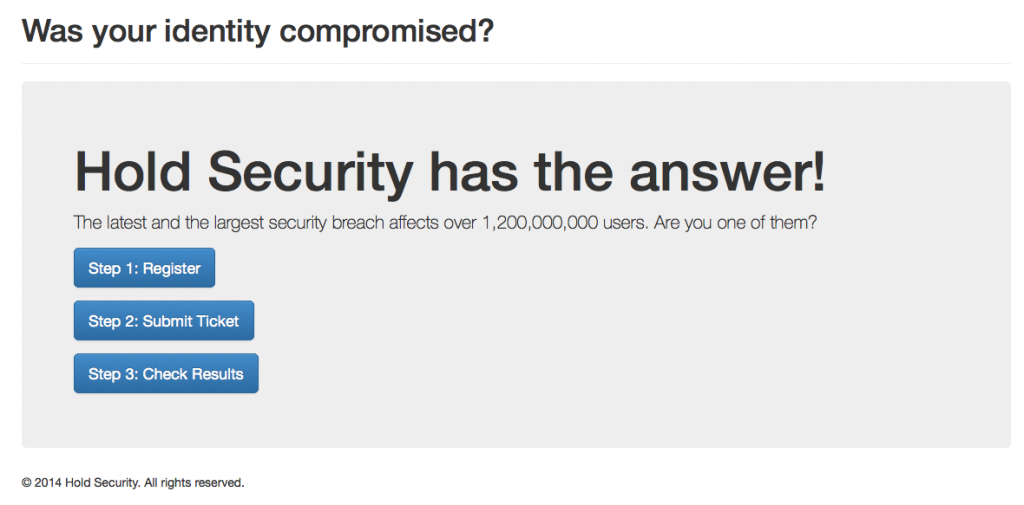Op 19 augustus sluit de internetconsultatie Wet voorkomen misbruik Wob. (Let wel: het gaat daarin alleen om misbruik door verzoekers, niet het misbruik door de overheid zoals termijnoverschrijdingen, misbruik van weigergronden en opzettelijk vertragen door steeds zienswijzen van weer een andere derde te vragen.) Door wat ik in februari van Roger Vleugels hoorde bij de “Wob in de steigers”-bijeenkomst (verslag door VVOJ) en door wat Dimitri Tokmetzis zoal schrijft in De Correspondent ben ik ervan overtuigd dat er in Nederland meer aandacht en steun nodig is voor betere, sterkere openbaarheid van bestuur. Ik ben geen jurist of Wob-expert, maar weet er dankzij Vleugels, Tokmetzis en anderen wel wat van, en zie in dat een fatsoenlijk niveau aan openbaarheid van bestuur belangrijk is voor een gezonde democratie. Om die reden heb ik zojuist ook gereageerd op de internetconsultatie. Voor wat het waard is, dit is wat ik heb ingestuurd:
Zoals Roger Vleugels het stelt: Nederland is qua openbaarheid van bestuur een ontwikkelingsland. En dat blijft zo als het vervallen van de dwangsom de enige verandering is die aan de Wob wordt doorgevoerd. Openbaarheid van documenten moet een grondrecht zijn: artikel 110 Gw en artikel 10 EVRM moeten, juist in de informatie- en risicosamenleving, ruim worden uitgelegd. Informatie is de valuta van democratie.
In een ideale wereld zouden er geen absolute weigergronden zijn, zoals ook niet in het Verdrag van Tromsø. Het is beschamend dat Nederland als voorzitter van de werkgroep die dat verdrag schreef, het verdrag zelf niet heeft ondertekend. Iets dat, zo hoorde ik, uniek is in de geschiedenis van Europa. Het is hoog tijd dat Nederland het goede voorbeeld van België, Bosnië en Herzegovina, Estland, Finland, Georgië, Hongarije, Litouwen, Macedonië, Montenegro, Molvadië, Noorwegen, Servië, Slovenië en Zweden alsnog volgt, en zich aansluit bij Tromsø. Waar is de tijd gebleven dat Nederland samen met de Scandinavische landen vocht voor meer openheid binnen de EU? Is er nu echt een veroordeling door het Hof in Straatsburg nodig (zie Hongarije vóór Tromsø: hier en hier) voordat Nederland het licht ziet?
Op z’n minst, op z’n allerminst, zou het (al afgezwakte) wetsvoorstel van GroenLinks/D66 moeten worden doorgevoerd: relatieve weigergronden die hun werking na vijf jaar verliezen, termijn verlagen van 2×28 dagen veranderen naar 2×14 dagen, de instelling van een informatie-commissaris en een grotere reikwijdte (iig op papier) waarbij de Wob wat terrein terugwint dat is verloren agv alle privatisering sinds de jaren tachtig.
Het is wenselijk dat de dwangsom vervalt, maar het is bij lange na niet genoeg. Een ruime Wob is, net als onafhankelijke journalistiek, noodzakelijk voor een gezonde democratie.
Gerelateerd:
- 2016-04-12: hoofdredactioneel commentaar NRC Handelsblad (p.2):
Openbaarheid is geen gunst
Vrome woorden onlangs in de Tweede Kamer van minister Plasterk (Binnenlandse Zaken, PvdA): „Het kabinet vindt openbaarheid van bestuur essentieel voor een democratie. De overheid is er voor de burgers, de overheid is van de burgers en door de verkiezingen is zij ook door de burgers.” En dus concludeerde hij: „Het uitgangspunt moet dan ook zijn dat de informatie die berust bij de overheid in principe openbaar is.”
Zegt de minister uit een kabinet dat nog niet eens bereid is de agenda van de wekelijkse ministerraad openbaar te maken. Zegt de minister uit een kabinet van wie een collega, nadat deze verplicht was enkele e-mails en notities openbaar te maken, het presteerde bijna compleet zwart gelakte afschriften te overhandigen. Zegt de minister van een kabinet dat geen vast beleid heeft voor het openbaar maken van de gesprekken met derden. Zegt de minister van een kabinet dat, zoals altijd, volledig in de beslotenheid van de achterkamer werd samengesteld, en nadien ook slechts beperkt verantwoording aflegde. Etc., etc.
Inderdaad, de praktijk wijkt nog al eens af van de theorie. Maar Plasterk zei dan ook dat informatie in principe openbaar is. Er kunnen volgens hem redenen zijn om anders te handelen. Helaas leert de ervaring in Nederland dat voor bestuurders die redenen om niet toe te geven aan openbaarheid heel vaak aanwezig zijn. Openbaarheid is nog altijd een gunst in plaats van een recht. Dat was de vaststelling in de jaren zeventig van de vorige eeuw en dat is ook nu de vaststelling.
Of er enige kans is op verandering zal woensdag blijken. Dan praat de Tweede Kamer verder over een initiatiefwetsvoorstel van GroenLinks en D66 dat de overheid en de daaronder vallende organen verplicht tot veel actievere openbaarheid. De eerste aanzet hiertoe gaf het toenmalige Kamerlid Mariko Peters (GroenLinks) reeds in 2012. De trage gang van zaken rond de initiatiefwet tekent het heersende gebrek aan urgentie.
Of er iets overblijft van de oorspronkelijke ideeën in het voorstel van vier jaar geleden valt te betwijfelen. De huiver bij veel andere partijen in de Tweede Kamer is groot. Dat geldt ook voor minister Plasterk, de grote ‘voorvechter’ van openbaarheid Een veel gehoord bezwaar tegen de initiatiefwet is dat de voorgestelde gedetailleerde openbaarbaarmakingsprocedures slechts tot extra bureaucratische rompslomp leiden.
Hiermee geven de critici onbewust de kern van het probleem aan: openheid is blijkbaar een wet, geen mentaliteit. Instincten laten zich niet bij wet veranderen.
- 2014-02-23: Roger Vleugels: Wobben in 10 minuten (dit blog)
- 2014-01-30: documenten incl. initiatiefwet Woo bij Tweede Kamer-vergadering over Voorstel van wet van de leden Voortman en Schouw houdende regels over de toegankelijkheid van informatie van publiek belang (Tweede Kamer)
- 2013-12-05: Initiatiefwet Woo moet Wob vervangen (Binnenlands Bestuur)
- 2013-12-03: Kosten en baten voor de overheid van wijzigingen van de Wet openbaarheid van bestuur (rapport van SEO Economisch Onderzoek)
EOF
